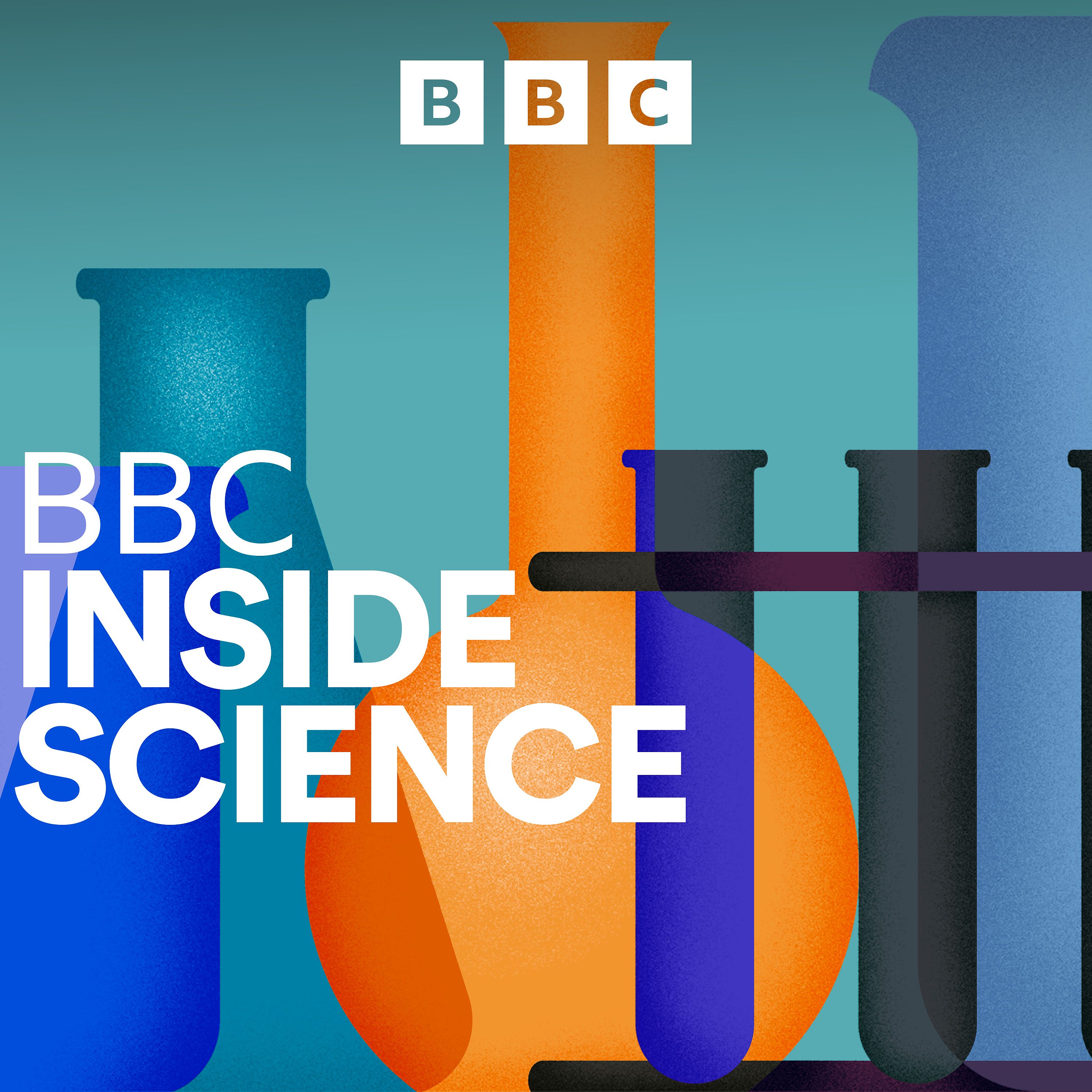

BBC Inside Science
BBC Radio 4
A weekly programme that illuminates the mysteries and challenges the controversies behind the science that's changing our world.
Episodes
Mentioned books

38 snips
Jul 11, 2024 • 28min
Are implanted brain chips the future?
Neuroscientists discuss Neuralink's brain chips, zoologist explores drug effects on frogs, astrophysicist explains measuring galaxy distances, and doctor covers blood groups in an engaging episode.

6 snips
Jul 4, 2024 • 28min
How do we solve antibiotic resistance?
Experts Laura Piddock and Margaret McCartney discuss the ongoing challenges of antibiotic resistance. Marine biologist Helen Scales predicts future ocean changes. Cosmologist Andrew Pontzen talks about black holes. Food scientist Stuart Farrimond explains the EU ban on smoky flavored crisps.

19 snips
Jun 27, 2024 • 28min
Why do we sleep?
Science presenter Liz Bonnin and science journalist Ginny Smith discuss the mystery of why we need to sleep, challenging existing theories. Professor Andrea Sella reveals the properties of the rare element promethium. Professor Liana Zanette explains how animals fear human voices more than other predators. Expert Megan Rossi tackles a listener question on gut bacteria diversity in well-traveled individuals.

26 snips
Jun 20, 2024 • 28min
Micro Nuclear Reactors
Liz Bonnin discusses the potential of micro nuclear reactors for achieving net zero emissions by 2050. The evolution of eggs in the animal kingdom and public perception of micro nuclear reactors are explored. Dr. Alexandra Freeman's appointment to the House of Lords and the importance of evidence communication are highlighted.

5 snips
Jun 13, 2024 • 28min
Is gene therapy the future?
Professor Robin Lovell-Badge discusses gene therapy breakthroughs for deafness, sickle cell disease, and immune deficiencies. Laura Wilcox explains the impact of volcanoes on weather. Physicist Martin Bencsik reveals how honeybees communicate through vibrations. Jim Al-Khalili talks about solar flares and Earth's protection.

18 snips
Jun 6, 2024 • 28min
Is treated sewage worse for the environment than raw?
Wastewater experts Simon Evans and Ali Morse discuss the environmental impacts of treated sewage, highlighting its contribution to pollution. Biologist Cindy Engel explores animals' self-medicating behavior in the wild. Harry Witchel predicts Eurovision winners based on song criteria.

May 30, 2024 • 28min
Ugly animals and asteroid Apophis
Explore the neglected conservation of 'ugly' animals, the significance of bug splats in measuring insect populations, and the exciting scientific prospects of asteroid Apophis. Guests Linda Geddes and Barbara Kasprzyk-Hordern provide unique insights on these fascinating topics.

12 snips
May 23, 2024 • 28min
Can we get plastic waste under control?
Kenyan waste picker John Chweya and plastics scientist Steve Fletcher discuss plastic pollution impact and solutions. Science journalist Florence Williams delves into heartbreak research. Dr. Lara Cassidy reveals Avar empire discoveries from ancient DNA. Dr. Erica McAlister defends flies as pollinators.

May 16, 2024 • 32min
Do we need a new model of cosmology?
Astrophysicist Dr. Chris North discusses the need to rethink the Lambda Cold Dark Matter model in cosmology. Climate anxiety, bee resilience to flooding, and supporting bee populations are also explored, along with a unique symphony created from climate data.

May 9, 2024 • 32min
Bird flu outbreak in cows
Dr. Tom Peacock discusses alarming bird flu outbreak in cows, raising concerns over human transmission risks. Space physicist Dr. Nathaniel Frissell explains studying solar eclipse via radio waves. Astrophysicist Dr. Rebecca Smethurst talks about rare binary star system T Coronae Borealis exploding, visible for a limited time. BBC reporter Georgina Rannard shares scientific research during the solar eclipse event.


